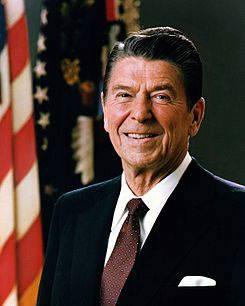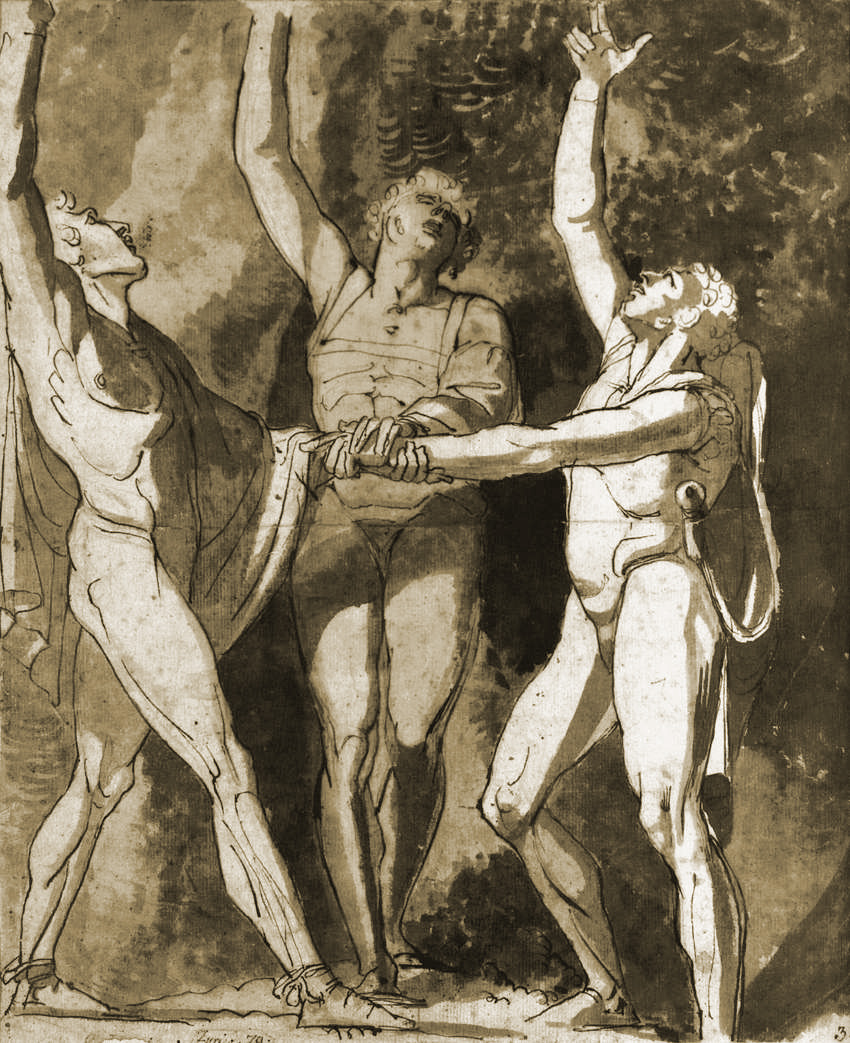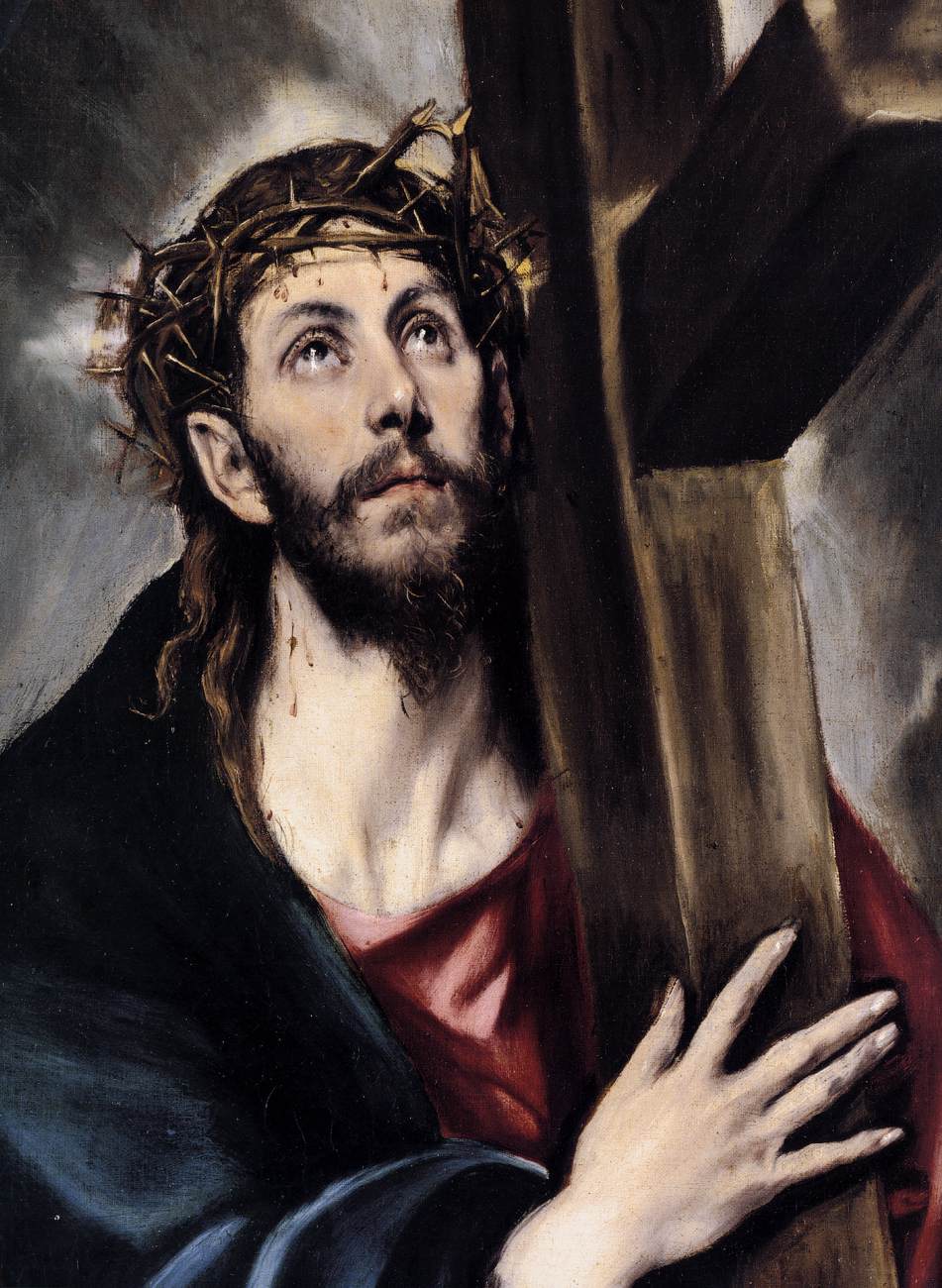Major themes
The objectives of liberal theorists and philosophers have differed across various times, cultures, and continents. The diversity of liberalism can be gleaned from the numerous adjectives that liberal thinkers and movements have attached to the very term liberalism, including classical, egalitarian, economic, social, welfare-state, ethical, humanist, deontological, perfectionist, democratic, and institutional, to name a few.
Despite these variations, liberal thought does exhibit a few definite and fundamental conceptions. At its very root, liberalism is a philosophy about the meaning of humanity and society. Political philosopher John Gray identified the common strands in liberal thought as being individualist, egalitarian, meliorist, and universalist. The individualist element avers the ethical primacy of the human being against the pressures of social collectivism; the egalitarian element assigns the same moral worth and status to all individuals; the meliorist element asserts that successive generations can improve their sociopolitical arrangements, and the universalist element affirms the moral unity of the human species and marginalizes local cultural differences.
The meliorist element has been the subject of much controversy, defended by thinkers such as Immanuel Kant, who believed in human progress, while suffering from attacks by thinkers such as Rousseau, who believed that human attempts to improve themselves through social cooperation would fail. Describing the liberal temperament, Gray claimed that it “has been inspired by skepticism and by a fideistic certainty of divine revelation… it has exalted the power of reason even as, in other contexts, it has sought to humble reason’s claims.”
The liberal philosophical tradition has searched for validation and justification through several intellectual projects. The moral and political suppositions of liberalism have been based on traditions such as natural rights and utilitarian theory, although sometimes liberals even requested support from scientific and religious circles. Through all these strands and traditions, scholars have identified the following major common facets of liberal thought: believing in equality and individual liberty, supporting private property and individual rights, supporting the idea of limited constitutional government, and recognizing the importance of related values such as pluralism, toleration, autonomy, bodily integrity, and consent.




